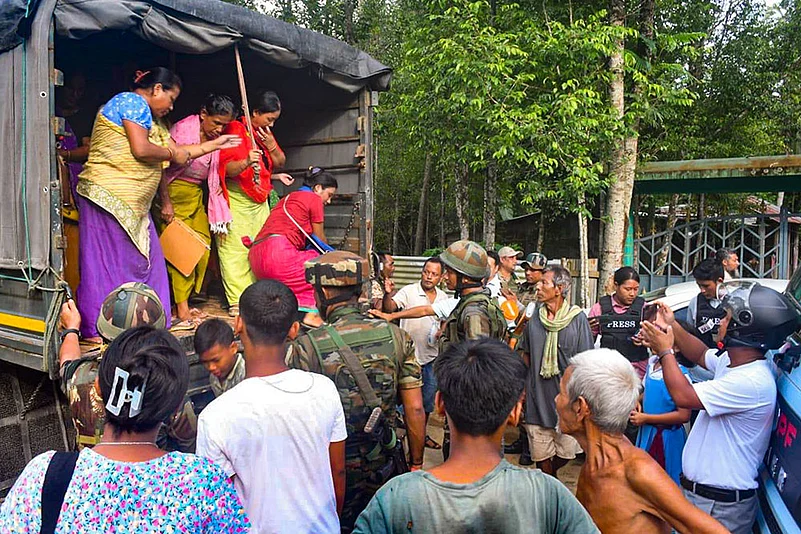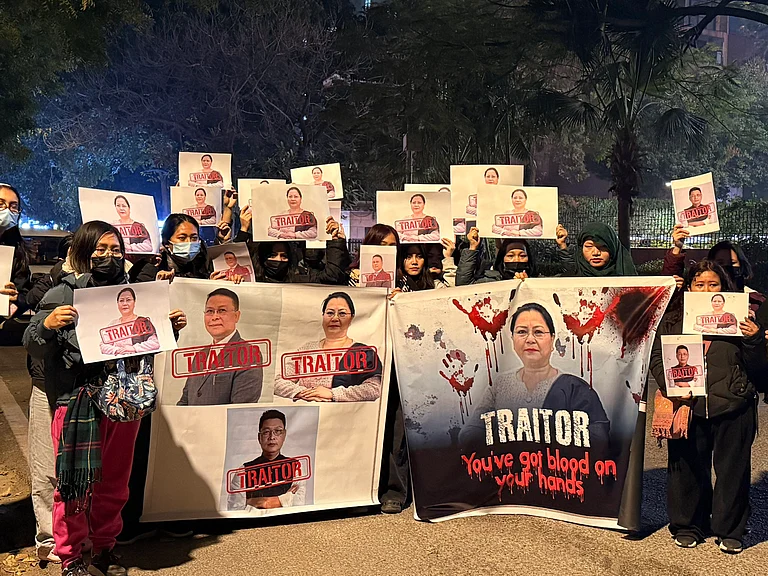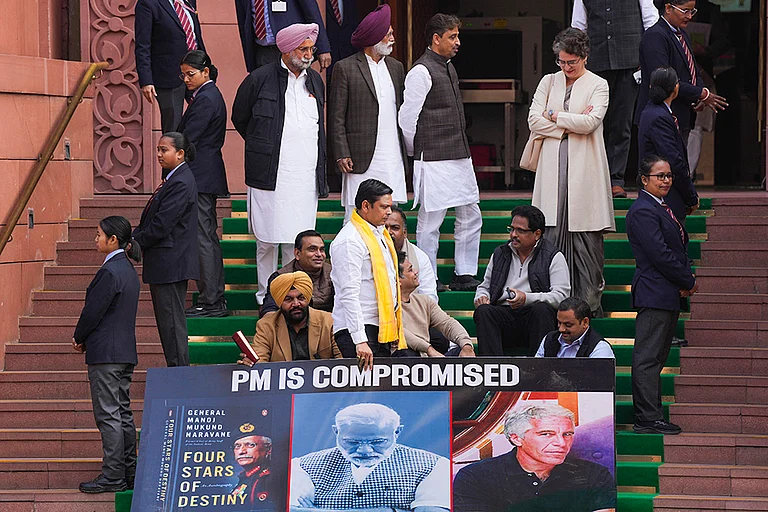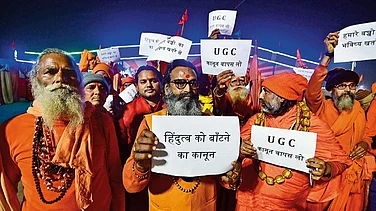More than two years after ethnic clashes broke out between the Meitei and Kuki-Zo communities, the Manipur government has launched a phased resettlement plan to close all existing relief camps by December 2025. The conflict, which began on May 3, 2023, had displaced over 62,000 people across the state, forcing them into temporary shelters. As of now, the number of internally displaced persons stands at approximately 57,000.
Speaking to journalists in Imphal on Friday, Chief Secretary P.K. Singh confirmed that the resettlement process is underway in coordination with the Ministry of Home Affairs and various civil society organisations. The plan comprises three distinct phases, with the first already in motion. Singh said that some of the displaced families have begun returning, and during his recent visit to Churachandpur and Kangpokpi, he observed people gradually making their way back home.
The government plans to complete the second phase of returns by October, and the final phase by December. However, Singh acknowledged that nearly 8,000 to 10,000 people, particularly from Moreh, Kangpokpi, and Churachandpur, may not be able to return due to continued insecurity. For them, the government is constructing around 1,000 pre-fabricated housing units that will serve as long-term alternatives to the temporary relief camps.
As part of the rehabilitation initiative, financial assistance of ₹3.03 lakh will be provided to 7,000–8,000 families whose homes were destroyed during the violence. Another group of 7,000 families, whose homes were not destroyed but have become uninhabitable after years of neglect, will also receive monetary aid, though the specifics of that assistance are still being worked out.
Singh also pointed to signs of progress in areas of livelihood, stating that farming activities had resumed peacefully. Members of both communities are reportedly working in close proximity and sharing water resources, indicating a tentative but hopeful return to normalcy.
While the government remains optimistic, Singh cautioned against complacency. He appealed to civil society groups to maintain calm and discourage any attempts to disrupt the peace process. “Some mischievous elements are there everywhere,” he said, “and some people want to prolong the conflict. One odd incident can happen here and there, but we must stay focused on the larger goal.”
The shutdown of relief camps by the end of the year, if achieved, would mark a significant milestone in the state’s recovery process, though challenges remain for thousands who continue to live with the uncertainty of return.


























